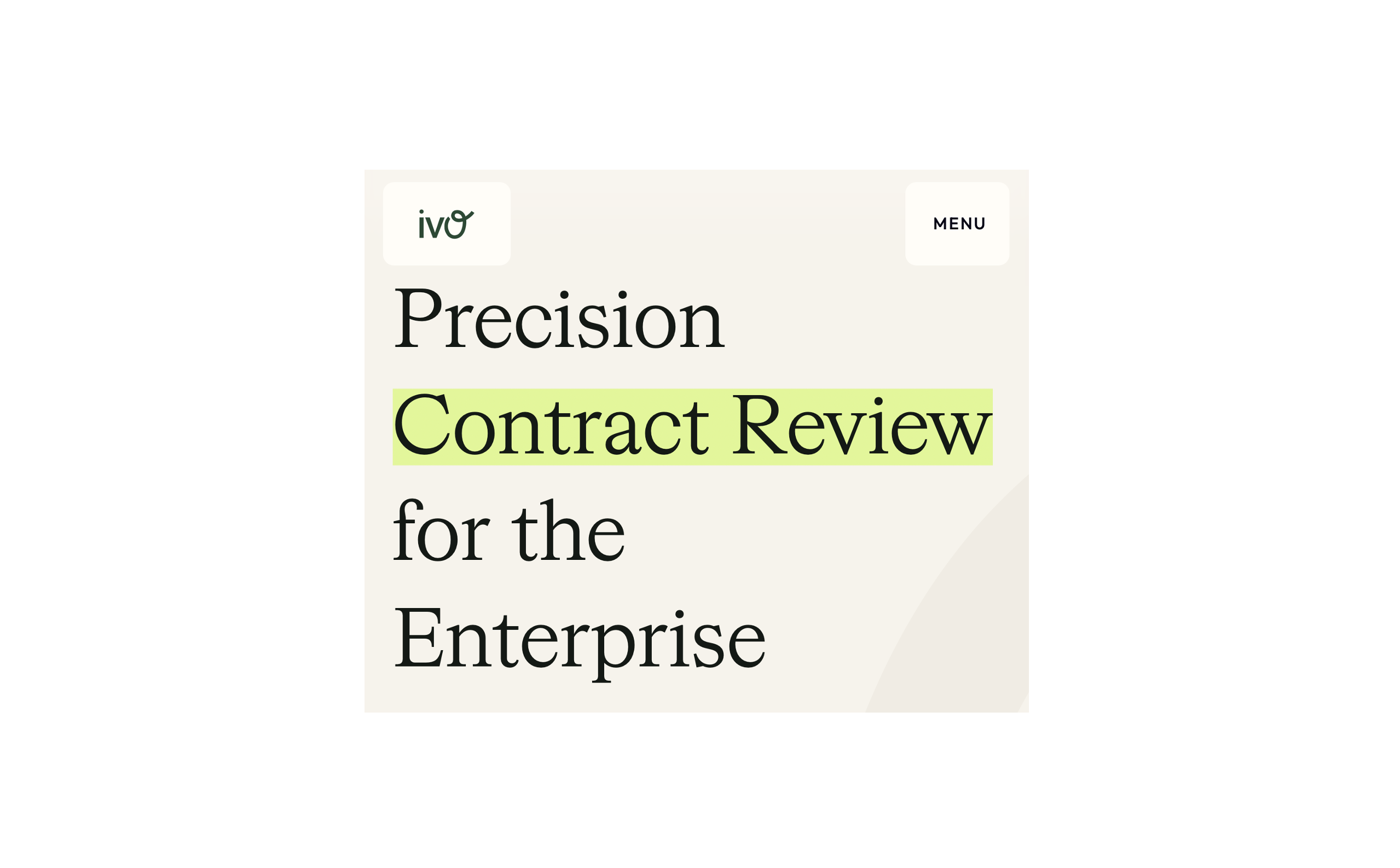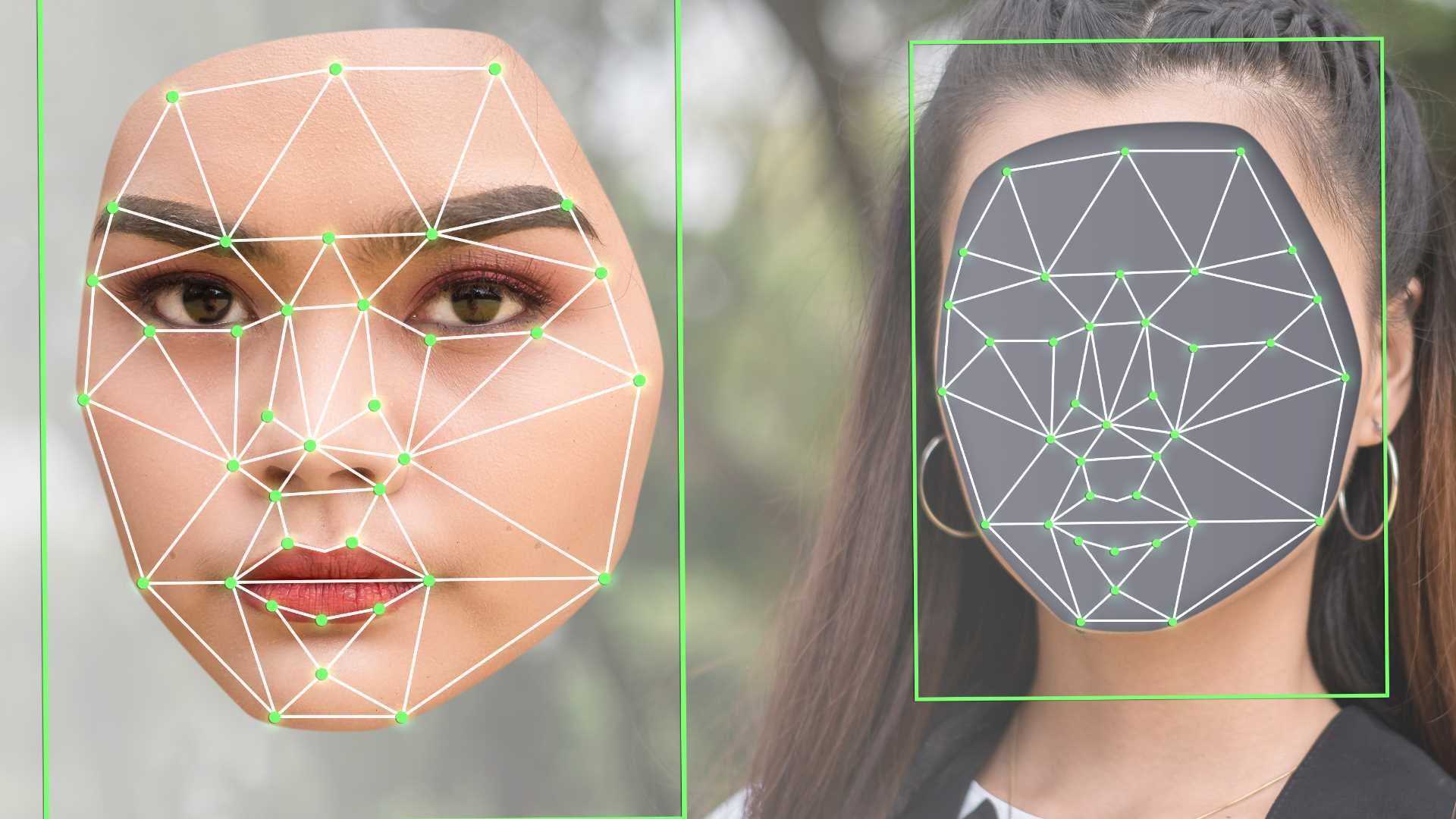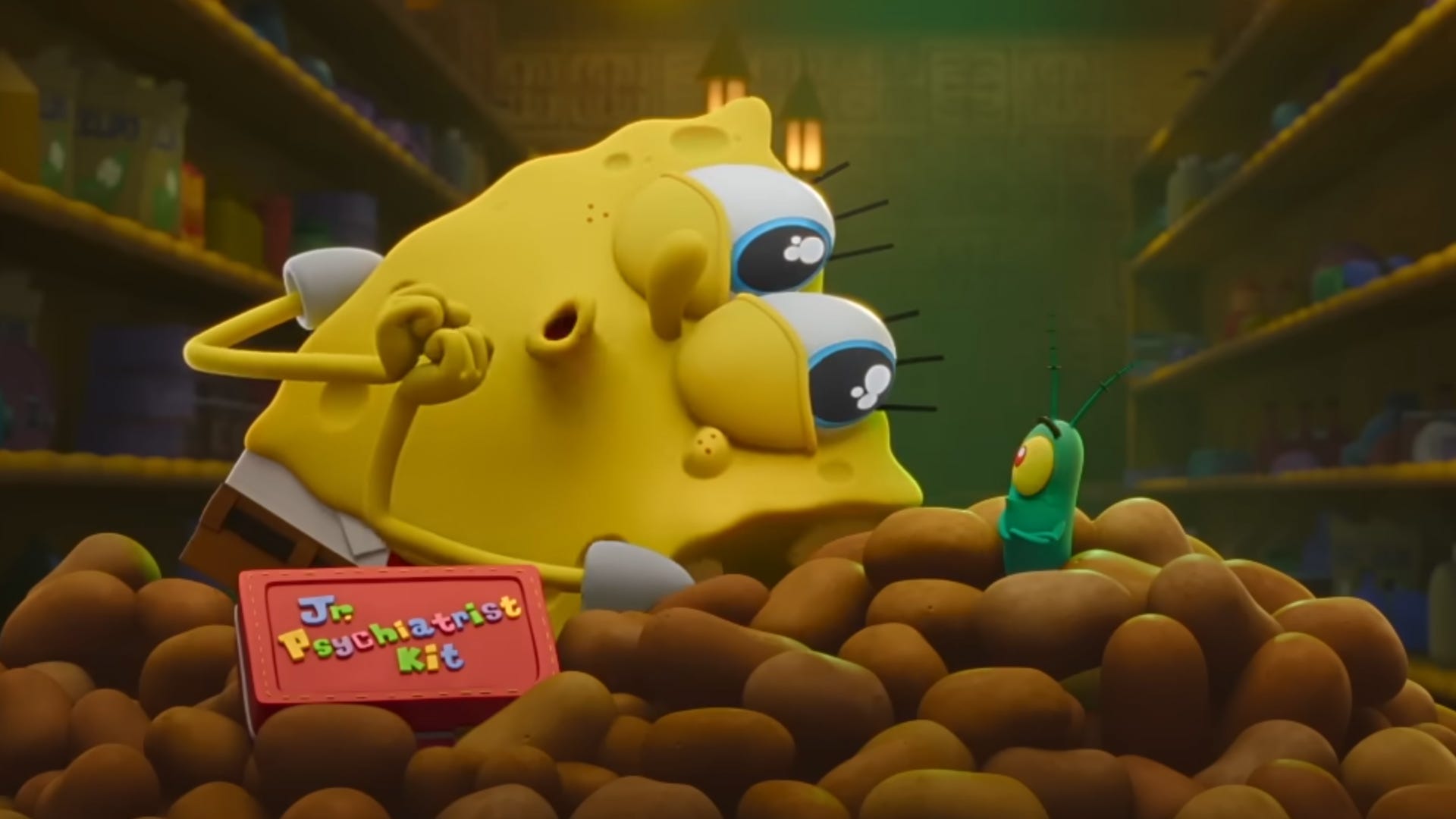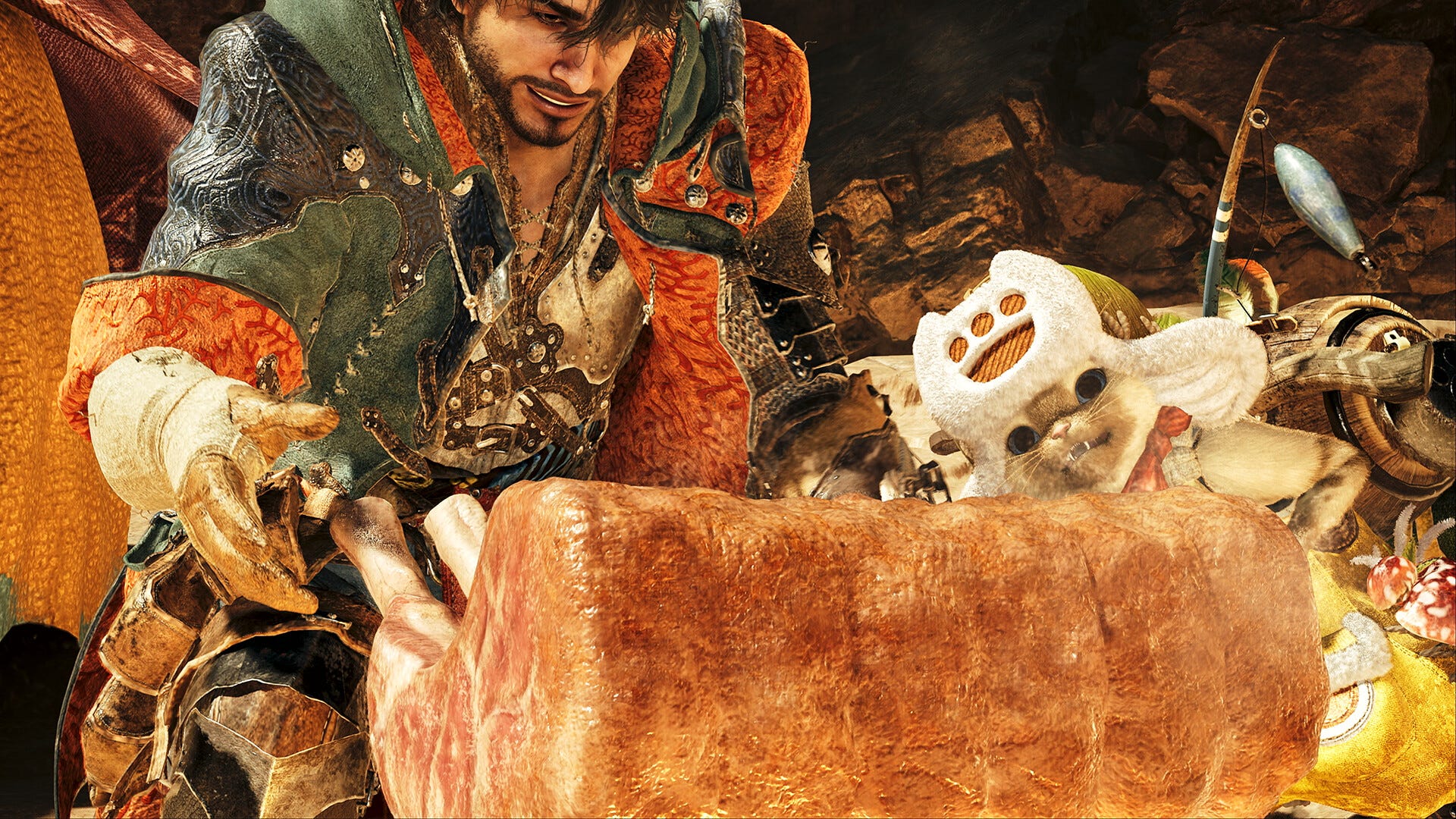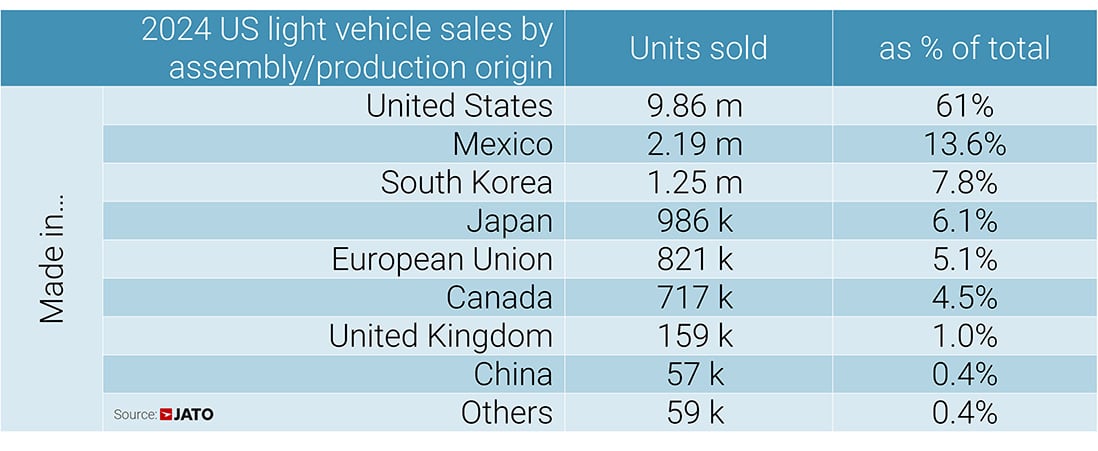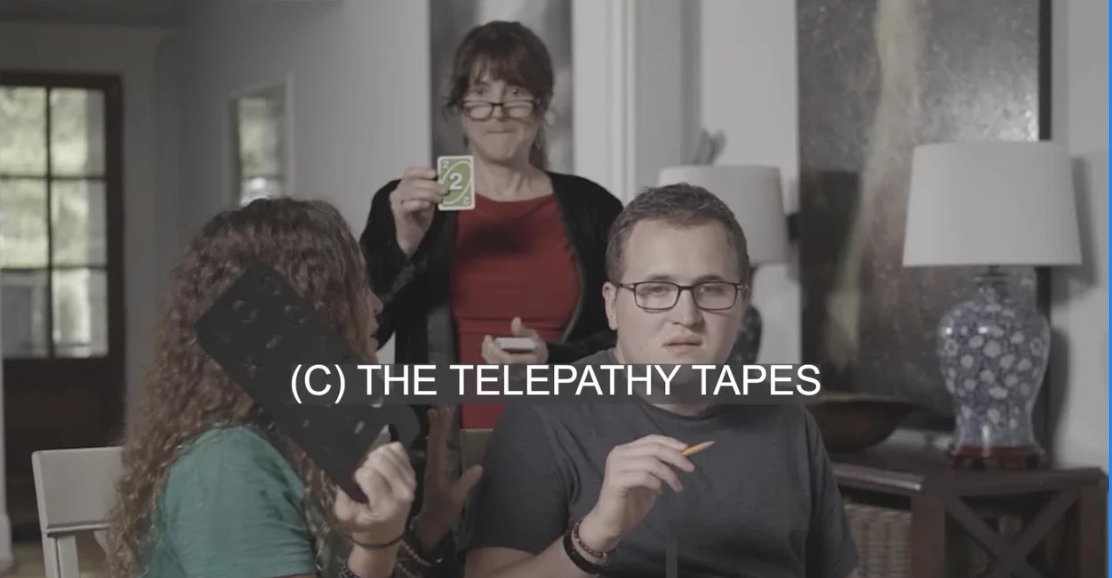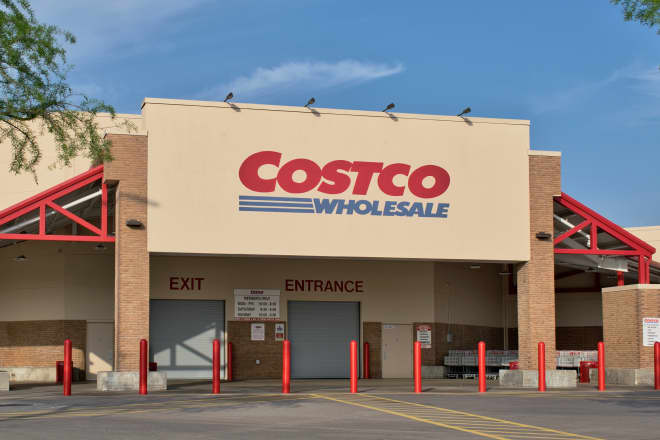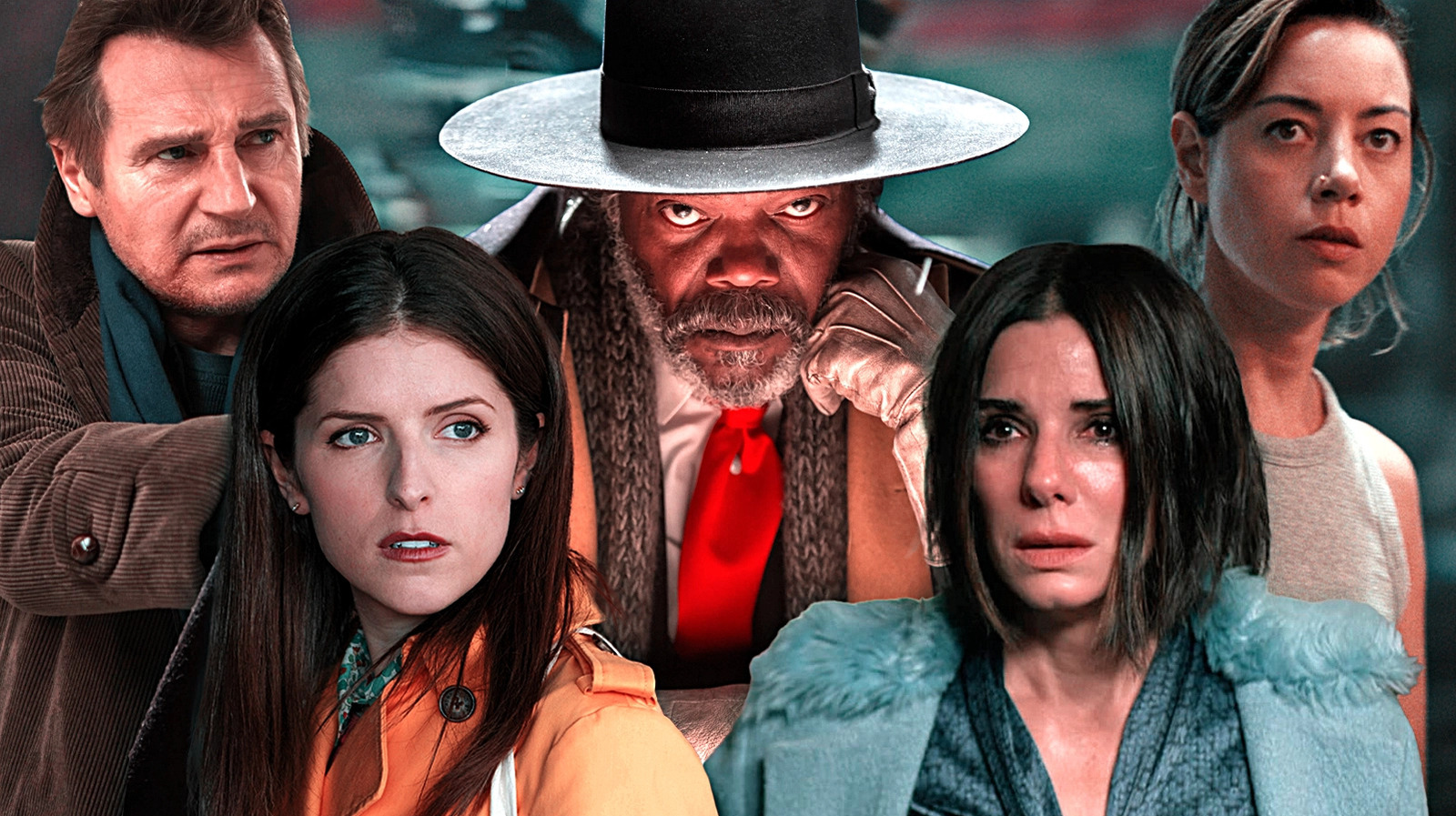Clean Slate has Norman Lear's fingerprints all over it
Laverne Cox leads one of the producer’s final projects, which folds social issues into an accessible family comedy.

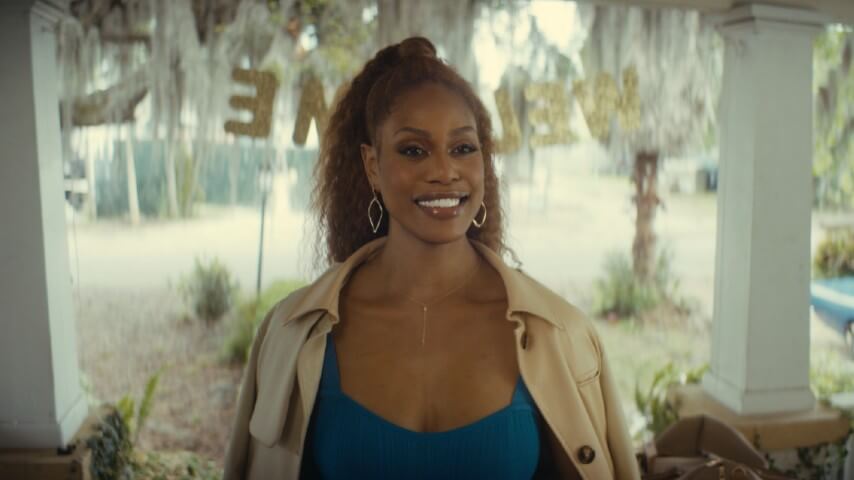
After being away for 23 years, Desiree Slate (Laverne Cox) is back and better than ever. That is, she’s come home to Mobile, Alabama, for the first time as her authentic self. But her life is also in tatters: Her New York art gallery just went under, and her relationship with a toxic boyfriend (who was largely supporting the space) fell apart. So now she’s at the doorstep of the house she ran away from at 17—but her father, Harry Slate (George Wallace), doesn’t recognize her.
Harry opens the door in a football jersey, excited to watch the game with his son, Desmond. But, as she patiently explains, she’s actually always been Desiree. The word “trans” is never used, but Harry looks like you could knock him over with a feather. He doesn’t react badly, though—perhaps surprising for an older man from Alabama—and takes more issue with the fact that Desiree has become a vegetarian. But he still offers to make her dinner.
This is Clean Slate—named for the Slate family car wash—a heartfelt comedy that toes the line between larger-than-life and over-the-top. It was one of the final projects produced by Norman Lear, and it has the late screenwriter’s fingerprints all over it. It smacks of One Day At A Time and certainly of The Jeffersons, folding social issues into accessible family comedy. But it rarely calls these issues out by name, preferring, as in the pilot, to imply and allude.
Although perhaps that’s the point: to sandwich the meat of the messaging between thick slices of humor in order to make it more palatable to anyone who may stumble upon the show on Prime Video. Certainly, Donald Trump’s recent re-election and his administration’s quick rollback of LGBTQ+ rights has reminded us of the painful need to go stealth in certain situations. And current events have once again made portrayals of trans people living regular, silly, sanguine lives into an act of resistance.
There is the argument, too, that we’ve seen more than our fair share of trans trauma portrayed onscreen, which tracks considering trans individuals are susceptible to higher rates of violence and murder in real life (especially Black trans women like Desiree Slate and Laverne Cox). So maybe it’s high time for a heightened comedy about a Black trans woman reconnecting with her estranged father—and the South she struggled to grow up in—as suspended from reality as it is at points.
Cox herself is from Mobile, where she also was raised by a single parent and faced more than her fair share of bullying and transphobia. So when Desiree and Harry ultimately have it out (he flings a “you’re just some kind of mess” her way, and Desiree responds, “This mess was a feminine child in south Alabama who had to run home from school every day from kids who wanted to kick her ass”), it’s no wonder that the performer feels so present.
Desiree storms off to the bus station, and Harry follows her. He literally fights for her, charging through belt barriers and flinging security guards from his back as he slaps on the windows of the bus and repeatedly yells, “I’m Desiree Slate’s daddy!” at the top of his lungs. Soon Desiree joins him, swinging at the guards with her handbag in a valiant attempt to free her father.
Cox excels at this kind of physical comedy (particularly in a drunken Mardi Gras chase) and shines when she lets herself slide into an easy repartee with scene partners like Jay Wilkison, who plays Mack, Harry’s car-wash employee. “Did you get these pearls of wisdom at the Cracker Barrel?” she asks him, slipping into an exaggerated Southern drawl. (Despite this dig, Alabama is never really the butt of the joke on this show.) “You know, I only get my pearls of wisdom at the Dollar General,” he replies. “About as much as they’re worth,” Desiree teases.
Much of Clean Slate’s humor is like this: The dialogue can feel pretty canned, like we’re waiting a beat for a laugh track, and there’s not much breathing room between zingers. That said, that sitcom feel might hit a nostalgic sweet spot for some viewers, and the actors do a lot with what they’re given, with each character coming off as warm, genuine, and lived-in.
What’s more, each one serves a real purpose and has clearly drawn traits: Harry is the picture of a lovable old curmudgeon; Desiree is a vamped-up caricature of a bougie, wellness-obsessed New Yorker; Mack is a gentle single dad and an ex-con determined to build a better a future for his daughter; and his kid, Opal (Norah Murphy), is the world’s most precocious 11-year-old who definitely, according to Desiree, will be president someday. (Eventually, Desiree and Mack develop a will-they/won’t-they flirtationship.)
The best episode of the season is set on Election Day. “Last I checked, today is November seventh, not January sixth,” Harry tells Miguel (Phillip Garcia), his sworn enemy and next-door neighbor. “Yeah, well, I’m not a traitor!” Miguel replies. “I’m a libertarian.” Their bickering in line for the voting booth, while funny, is also somewhat jarring: Clean Slate rarely puts a finger on the obstacles (or, say, bills) that trans people face in the South, but it has no qualms about naming election issues. These include voter suppression in predominantly Black areas: broken voting machines, a polling location closed “by mistake,” and police interference. (An officer can’t be sure whether or not a Souls To The Polls van is stolen.) But then, to triumphant fanfare, the "dialysis divas" (the former occupants of said van) crest the hill in their compression socks, with one of them noting, “I marched on Selma, and I’ll march here, too.” And with that good fighting spirit (and despite some of the show's issues), it's easy to remember why Norman Lear is so sorely missed.
Clean Slate premieres February 6 on Prime Video















